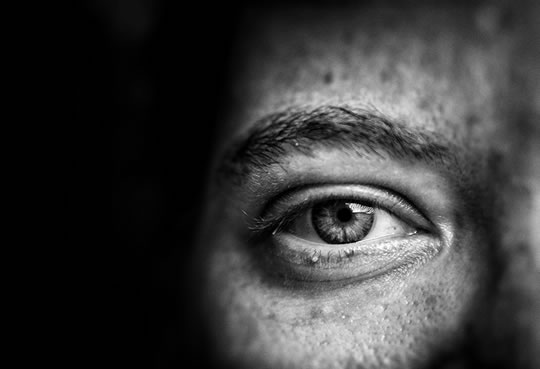This personality type affects around one in six people in the US.
People with personality disorders are at double the risk of developing mental health problems by 35-years-old, research finds.
People with personality disorders are more likely to be socially disadvantaged, separated or divorced.
By 35, people with personality disorders are almost twice as likely to be experiencing depression and/or anxiety.
Personality disorders affect around one in six people in the US.
The three most common personality disorders in the US are:
- Obsessive-compulsive personality disorder.
- Paranoid personality disorder.
- Antisocial personality disorder
Obsessive-compulsive personality disorder (OCPD) is one of the most well-known of personality disorders
Those with OCPD are typically perfectionists who are also highly fearful or anxious.
They want to control everything and find it very hard to relax.
In contrast, those with a paranoid personality disorder are extremely mistrustful of others.
They are very sensitive and are always on the lookout for things that confirm their worst fears: that everyone is out to get them.
They assume others are hostile, they bear grudges and find it hard to have an emotional connection with others.
Finally, people with an antisocial personality disorder typically have no regard for other people’s feelings or judgments.
They see themselves as free of society’s rules and standards and are similar to what we think of as a psychopath.
→ More details on how to spot personality disorders.
Dr Paul Moran, who led the Australian study of 1,520 people, said:
“At the age of 24, personality disorder was already linked with social disadvantage, substance misuse and poor mental health.
Eleven years later, the presence of personality pathology predicted the occurrence of anxiety and depression, as well as the absence of long-term relationships.
What is most striking is that these associations were not due to pre-existing mental health, substance use or social problems.
People with personality disorder appear to be a distinctly vulnerable group with regards to future mental health and relationship problems.”
The study was published in the The Lancet Psychiatry (Moran et al., 2016).

